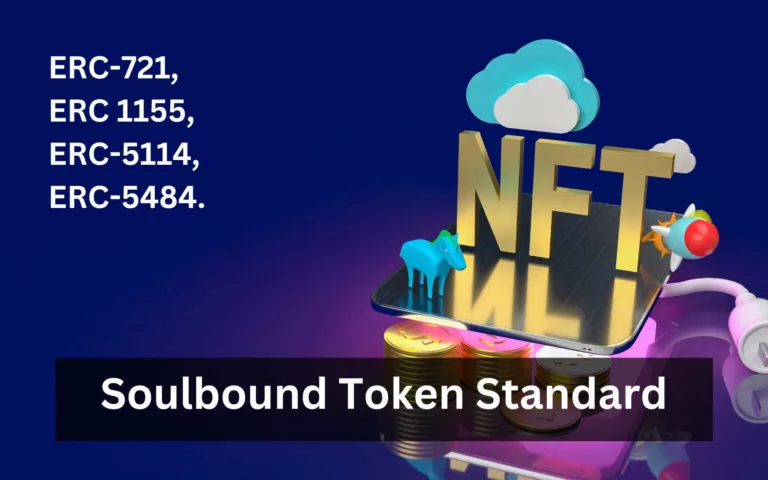Non-Fungible Tokens (NFTs) have gained significant popularity in the digital art and collectibles space, with high-profile sales making headlines around the world.
However, determining the value of an NFT can be a complex task. Unlike traditional assets, NFTs derive their value from various factors beyond tangible characteristics.
In this article, we will explore five key ways to assess the value of an NFT and gain a better understanding of its worth.
Also Read: Comprehensive Guide on Bitcoin Ordinals
1. Rarity and Scarcity
Rarity plays a crucial role in assessing an NFT’s value. The concept of scarcity, combined with unique attributes, contributes to the desirability and potential value of an NFT. Elements such as limited edition releases, exclusive collections, or one-of-a-kind creations tend to fetch higher prices in the market. The rarity factor can be determined by examining the total supply of the NFT, the number of editions or copies available, and the significance of the underlying content.
2. Artist Reputation and Pedigree
The reputation and pedigree of the artist behind an NFT significantly impact its value. Artists with established careers, recognized achievements or a strong following in the art world often command higher prices for their NFT creations. Factors like exhibition history, awards, previous sales records, and overall market demand for the artist’s work contribute to the perceived value of the NFT.
3. Historical Sales and Market Trends
Analyzing historical sales data and observing market trends can provide valuable insights into the value of an NFT. Monitoring previous sales of similar NFTs by the same artist or within the same collection can give an indication of the price range and demand. Additionally, keeping track of broader market trends, such as popular themes or emerging artists, can help assess the potential appreciation or depreciation of an NFT’s value over time.
4. Utility and Functionality
While many NFTs are primarily associated with digital art, the inclusion of utility or functionality can enhance their value. NFTs that offer additional benefits, such as access to exclusive content, membership privileges, or in-game assets, can attract higher valuations. The practical use and potential future applications of an NFT beyond its aesthetic appeal can contribute to its overall value proposition.
5. Community and Social Engagement
The level of community engagement and social interaction surrounding an NFT project can influence its value. Active communities, supportive fan bases, and vibrant ecosystems can create a sense of community ownership and foster demand for associated NFTs. Features like governance rights, community events, collaborations, and endorsements can add value by generating a sense of exclusivity and participation.
Some Additional Factors
It is important to note that assessing an NFT’s value is subjective and influenced by various factors. What one collector perceives as valuable may differ from another’s perspective. Additionally, market conditions and investor sentiment can also impact the pricing dynamics of NFTs.
The Future Continues to Evolve
As the NFT market continues to evolve, new valuation methodologies and standards may emerge. It is advisable for collectors and investors to conduct thorough research, consult with experts, and stay informed about the latest developments in the NFT ecosystem to make informed decisions regarding the value and potential of NFT investments.
In conclusion, when assessing an NFT’s value, factors such as rarity, artist reputation, historical sales data, utility, and community engagement all play vital roles. By considering these aspects, collectors and investors can gain a better understanding of the value proposition of an NFT and make informed decisions in this dynamic and rapidly evolving market.




